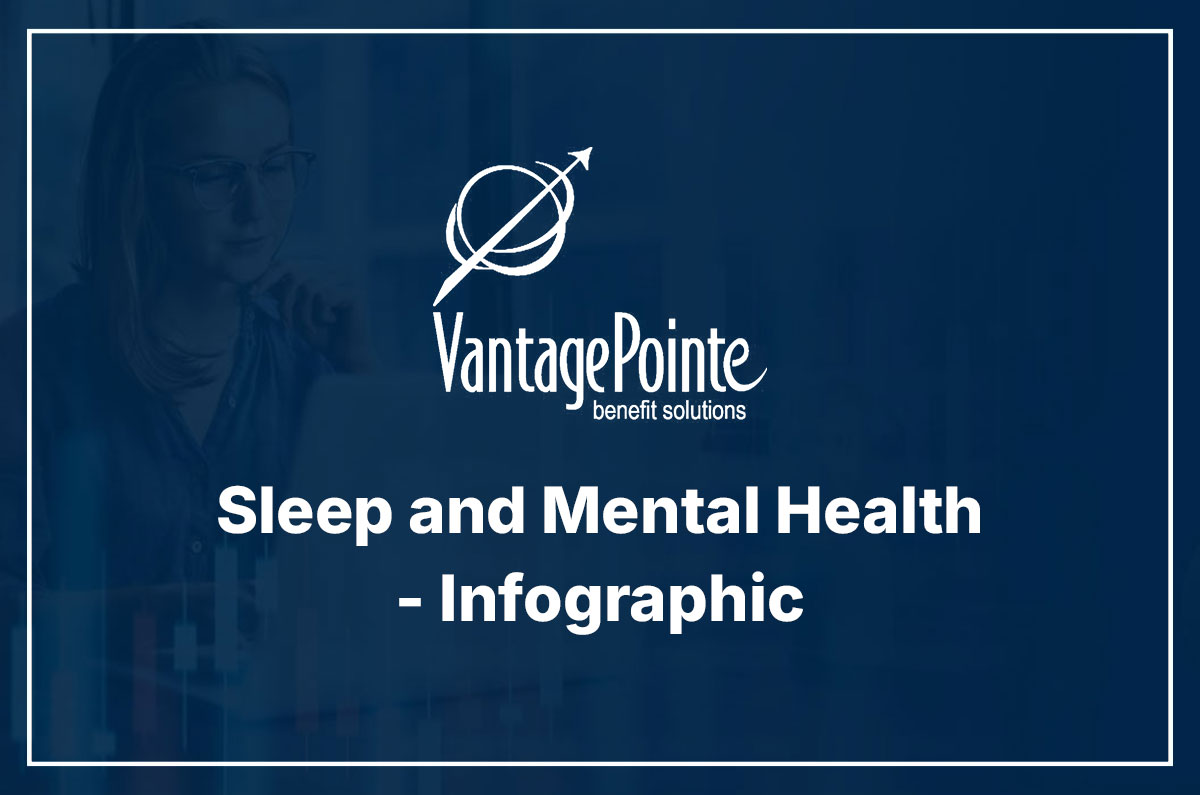Not only is your physical health affected when you don’t get enough sleep, but it also takes a toll on your mental health. In fact, mental health and sleep are so closely related that a lack of sleep can often lead to issues such as anxiety or depression.
Generally, you should get at least seven to eight hours of sleep per night. Unfortunately, studies consistently show that Americans struggle to get a good night’s sleep; for instance, insomnia—a common sleep disorder that causes trouble with falling or staying asleep—occurs in 30 million Americans.
Side Effects of Lack of Sleep
Some of the most common mental health issues linked to lack of sleep are depression and anxiety. Depression is a depressed mood or loss of interest in activities, causing significant impairment in daily life. Nearly 50% of people with depression are also diagnosed with an anxiety disorder. Anxiety refers to persistent or recurring feelings of tension and worried thoughts, and it can sometimes even have physical symptoms, such as increased blood pressure or heart rate.
In addition, sleep disturbances are linked to higher levels of psychological distress. Sleep sharpens cognitive skills such as attention, learning and memory; thus, inadequate sleep can impact a person’s ability to respond to minor stressors and events.
Takeaway
Getting adequate sleep is extremely important to improving and maintaining good mental health. Contact your doctor today to address sleep issues or for more information on improving your sleep habits.
Additionally, if you’re concerned about your mental health, talk to your doctor or a licensed mental health professional or contact the Substance Abuse and Mental Health Services Administration’s National Helpline by calling 800-662-HELP (4357).

